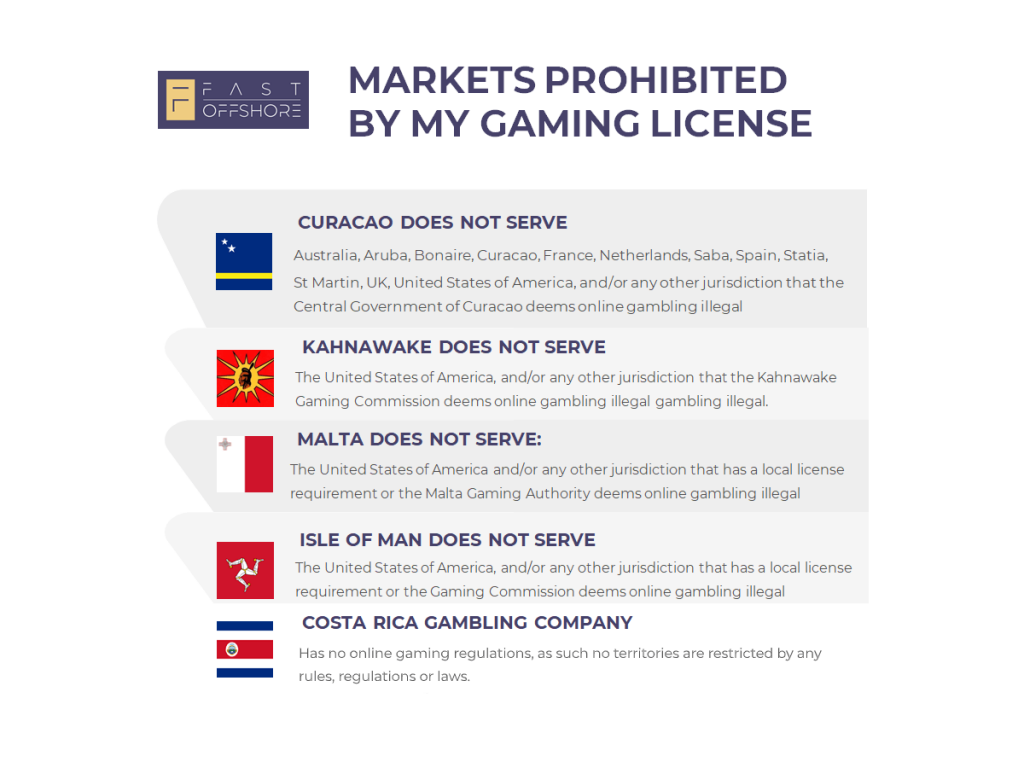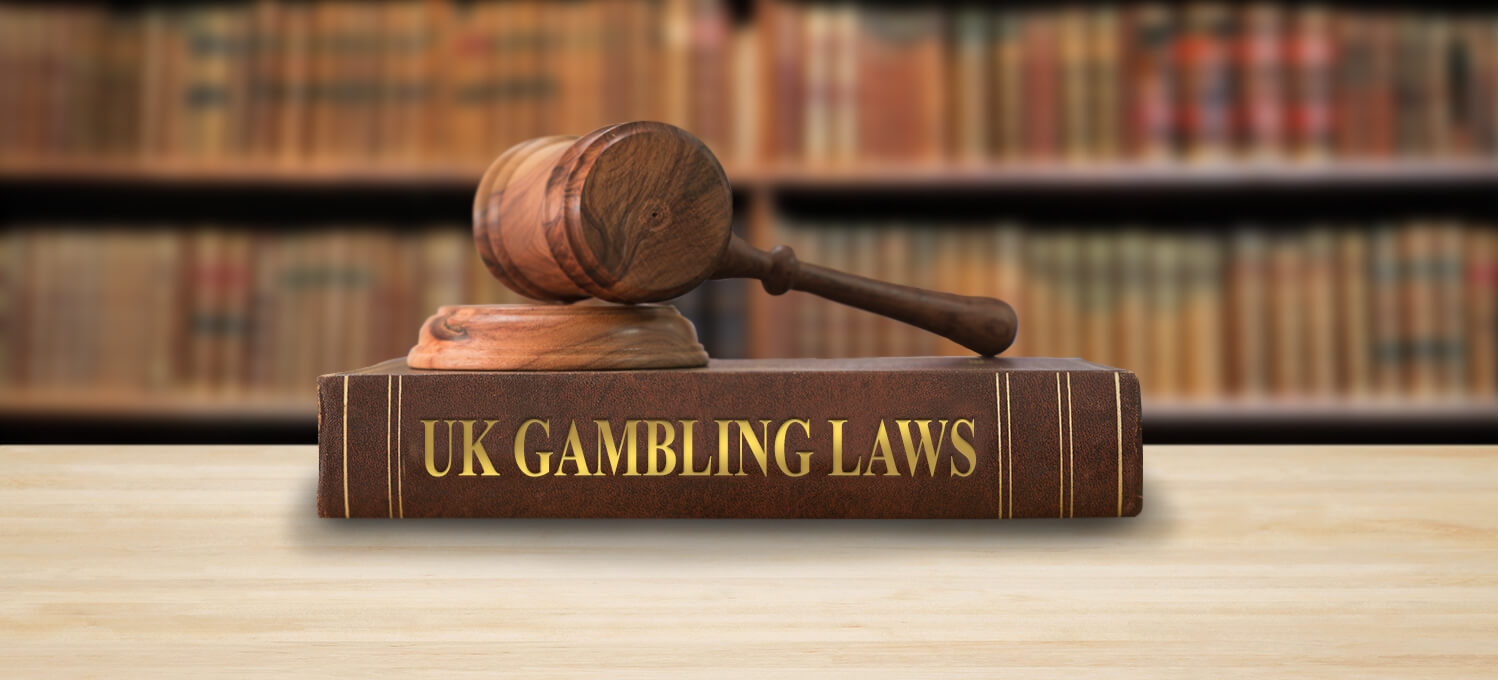Uk Online Gambling Regulations

UK Gambling Regulations By far the biggest change to the gambling scene in the UK, and indeed the World, has been triggered by the internet and the growth of online UK bookmaker. It’s easier to place a bet now than ever before but that also leaves the need for tighter regulations across the board.
- Less than a week ago, a House of Commons committee said the UK Gambling Commission, charged with regulating the industry, “failed to adequately protect consumers” as business moved online. The House of Lords Gambling Industry Committee published a report on Thursday calling for stake limits, a slowdown of online play, and a ban on gambling.
- The UK Gambling Commission was set up as part of the Gambling Act 2005, which aimed to regulate commercial gambling across Britain in partnership with licensing authorities. The UKGC assumed its full powers in 2007, and is responsible for regulating arcades, betting, bingo, casinos, slot machines and lotteries played in the UK.
22/09/2020
For a long time, British lawmakers never made any changes to the Gambling Act of 2005. They supported the legal state of the industry fully and allowed the Gambling Commission to regulate the sector freely.
Lately, however, legislators have been extremely passionate about making changes they deem necessary to casino regulations. First, they lowered the maximum betting limits for fixed-odds betting terminals from £100 to £2. They then banned the use of credit cards for funding casino accounts.
Another new change to Britain’s casino laws affects remote gambling taxes. Before 2018, operators paid a reasonably low tax of 15%. But then laws changed and now they pay a competitive rate of 21%.
Against that backdrop, here’s the state of Britain casino industry in 2020.
Allowed Gambling Types

Nearly every form of gambling is allowed in Britain, from bingo and slots to poker and blackjack. Sports betting is also legal, which explains the growing number of sports teams sponsored by betting companies.
Interestingly, most forms of gambling in Britain were legal long before the 2005 Gambling Act. Take bingo as an example. Although it has been a popular game for decades, commercial bingo halls were authorized through a Gambling Act in 1960.
Casinos got the greenlight in 1968 although they didn’t become popular until later in the 20th century. They got bigger in 2005 since the Gambling Act also permitted them to host resorts and expand in many cities around Britain.
Sports betting was legalized at the same time as bingo in 1960. Back then, bookmakers were allowed to provide markets for all other sports apart from horse racing. Thoroughbred betting was instead handed over to the Tote.
Remote gambling was legalized in 2005 and has grown to become one of the most gambling forms in Britain. It’s a £10-billion industry that generates over £1 billion in tax revenue to the UK. It also employs over 100,000 people and stimulates the economies of Gibraltar, Isle of Man, Alderney and London significantly.
New Casinos Opened for Everyone
As we mentioned above, the Gambling Act of 2005 introduced several changes. First, it opened leeway for casinos to provide hotel service and open new branches throughout Britain. Then it permitted online casinos to operate legally.
Since 2005, over 150 online casinos and 600 betting websites have opened in the UK. Most of them follow restrictions set in place by the UKGC, including cooperating with voluntary gaming restriction service Gamstop.
For the most part, Gamstop and the UKGC have rules meant to help players. But some of their restrictions can be pretty prohibitive. And for these reasons, Baller.casino can help you find gaming operators not on Gamstop. Additionally, it can help you find safe slot sites not licensed by the UKGC.

Age Restrictions
Contrary to popular belief, you don’t have to be eighteen years to play some gambling games. Instead, sixteen years is the legal gambling age for scratch cards, football pools and lotto games. Non-commercial betting machines and gambling games held for family entertainment don’t have a legal limit.
However, all other gambling forms: casinos, sports betting, and commercial gaming machines carry an age restriction of 18 years. Crucially, it’s the responsibility of operators to ensure that their customers are above the legal age limit.
That’s why nearly every casino in Britain asks for identity verification. Any identification document to confirm your age does the job. But beware, you might also need to provide proof of residence.
Advertising Rules
Before 2007, only football pools, bingo and the national lottery were allowed to advertised their games on TV. These rules were later relaxed, however, and now both casinos and sportsbooks can advertise freely on television.
Of course, gambling operators can also advertise online. But like TV, they must advertise carefully not to sensationalize casino gaming to children. For that reason, operators are banned from advertising on sites frequented by underage citizens.
TV and the Internet aside, the UKGC has more advertising rules for operators. For example, sportsbooks that sponsor sports teams shouldn’t emblem their logos on the kits of underage players. Also, they should not feature children in any of their marketing materials.
Another mandate is that only UKGC licensed casino can advertise on British websites and televisions. This is a relatively new addition to advertising rules but it’s a notable inclusion, nonetheless.
Additionally, gambling operators are required to be honest and transparent. If they offer bonuses, they must state their terms and conditions openly.
Social Responsibility
Social responsibility describes the role of operators in protecting players against any gaming harm. It also explains their mandate in providing a fair, transparent and safe gambling environment.
The UKGC works with several organizations to protect players. For starters, it has a partnership with Gamble Aware. This company has educational and harm prevention programs aimed at all gamblers in the country.
It also works with the Industry Group for Responsible Gambling and the Sent Group to raise the standards for protecting players. Another partner is Gamstop—the organization we said helps players suspend their gaming accounts voluntarily.
When you apply for gaming suspension on Gamstop, the organization alerts all its member casinos to blacklist your information. That way, you can’t join or log into any casino in the UK. So, before you suspend your account for five years, be certain you to stay away from casinos for five years.

Tax Rules
Britain is one of the best places for gamblers. And that’s because it doesn’t tax your wins. Most countries charge a portion of profits made by casino players, including states where gambling is legal in the US.
The UK focuses on gambling operators, charging a flat 21% tax on casino gross revenues. As we mentioned, the charged used to be 15% until 2018. In fact, betting duty was 6.75% before 2001 when it was more than doubled.
With Britain’s latest taxation rates, H&M Revenue collects at least £5 billion from gambling operators every year. This money equates to 0.5% to the country’s yearly GDP, which explains just how big the gambling industry is.
Relevant news
Mobile Casino Apps in Japan
The mobile technology revolution has changed virtually every aspect of modern life in Japan. More…
Uk Online Gambling Regulations Ireland
read more +
Are Japanese Online Casinos the Next Big Thing?

Did you know that Japan was one of the first countries where gaming was born?…
read more +
Six Tips for Spotting the Best Online Casino Sites in the USA
Credit: benzinga.com If you’re like many casino players in the US, you’ve asked this question:…
read more +
Top 7 Things To Look For When Selecting The Best Casino
If you have been an avid gamer, you know your casinos and the games there.…
Uk Online Gaming Regulations
read more +
IS SMARTPHONE GAMING TAKING OVER LAPTOP GAMING?
The first time the world witnessed online gambling was in the mid-1990s, and this was…
read more +
4 Exciting Slots Every Player Must Try
If you love slot machines, it’s highly likely you have tried your favourite games online.…
read more +
The United Kingdom’s gambling laws are finalized through Parliament and regulated by the UK Gambling Commission which oversees all commercial gaming and the National Lottery. The UK’s second gambling regulator is the Financial Conduct Authority which manages spread betting while other forms of sports gambling are regulated by the UKGC. This page will detail how three important gambling laws function in the UK including how they came to be and their role as key legislation.
The National Lottery Act
Prior to 1993, lotteries in the UK were mainly permitted to raise funds for societal causes and benefits. However, in 1993 the National Lottery Act was passed and ordered to be regulated by the UK Gambling Commission (UKGC). The National Lottery Act has undergone several amendment changes which have even allowed smaller more localized lotteries to be conducted without a license given by the UKGC but these lotteries still need to be registered with local authorities. This means this UK gambling law is in charge of all lottery activities within the United Kingdom and how they are governed.
UK Gambling Act of 2005
In 2005, the UK introduced and legalized its first Gambling Act. This Act became the benchmark for legal gambling operations in the region. This UK gambling law lists provisions and rules for a casino, poker, and betting operations, as well as, skill games, social games, lottery betting, and betting pools. The Gambling Act of 2005 essentially became the framework for gambling regulation in the UK. Out of this law, the UKGC was established and ordered to consolidate regulatory powers over all UK online casinos and physical gaming including lotteries, as mentioned above.
UK Gambling Act of 2014
In 2014, the United Kingdom legalized another Gambling Act better known as the Licensing and Advertising Gambling Act of 2014. This gambling legislation was specifically presented to amend loopholes and grey areas within the first Gambling Act passed in 2005. The Gambling Act of 2014 essentially forced all offshore gambling operators to obtain a license from the UKGC if they planned to legally provide gambling services to UK residents.
Before this legislation, offshore operators who kept their servers, equipment, and/or facilities offshore were exempt from applying for a UK gambling license and thus curtailed the regulatory enforcement of the UKGC. Under the Gambling Act 2014, operators, no matter of their location and base offshore, must retain a UK gambling license to offer UK players gaming services, as well as, requiring a 15% tax on their profits as part of their licensing agreement with the UKGC.
How Do These Laws Affect Online Gambling in the United Kingdom?
No United Kingdom gambling law makes it illegal to gamble at licensed offshore online casinos, rather UK gambling laws just add some requirements for operators to be considered legitimate and legal whether or not they are located offshore. Online gambling such as online UK casinos, online poker rooms, online sportsbooks, and online bingo are legal in the UK if operators possess a license from the UKGC according to laws set in place by the Gambling Act of 2014. The online casinos in our UK casino guide are all legal and legitimate sources for online gambling in the United Kingdom.